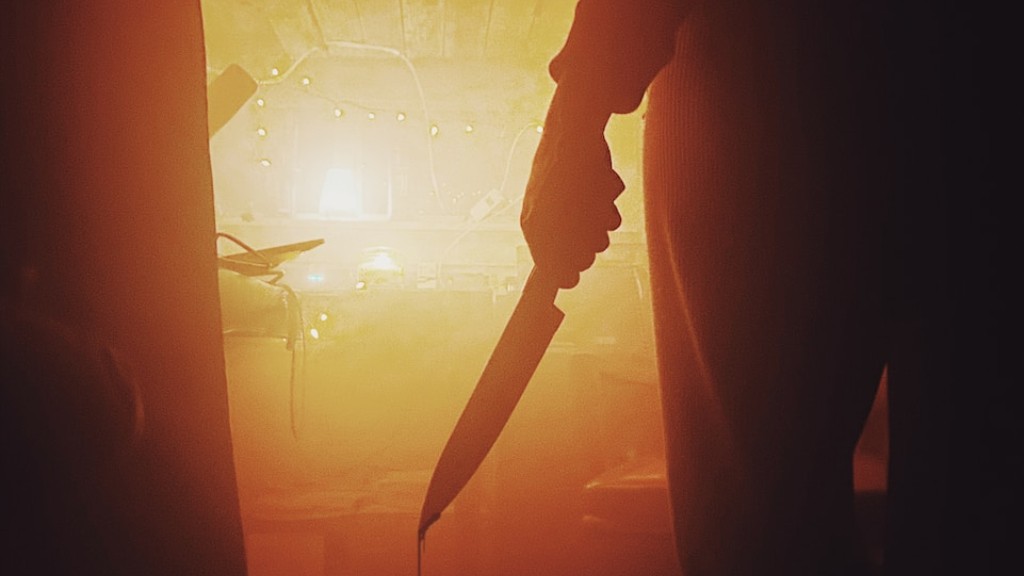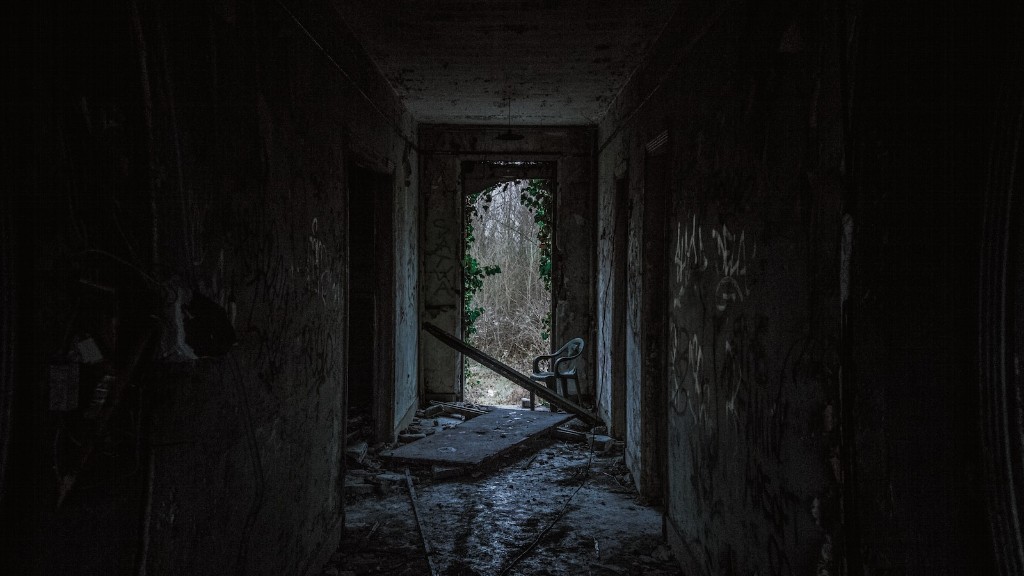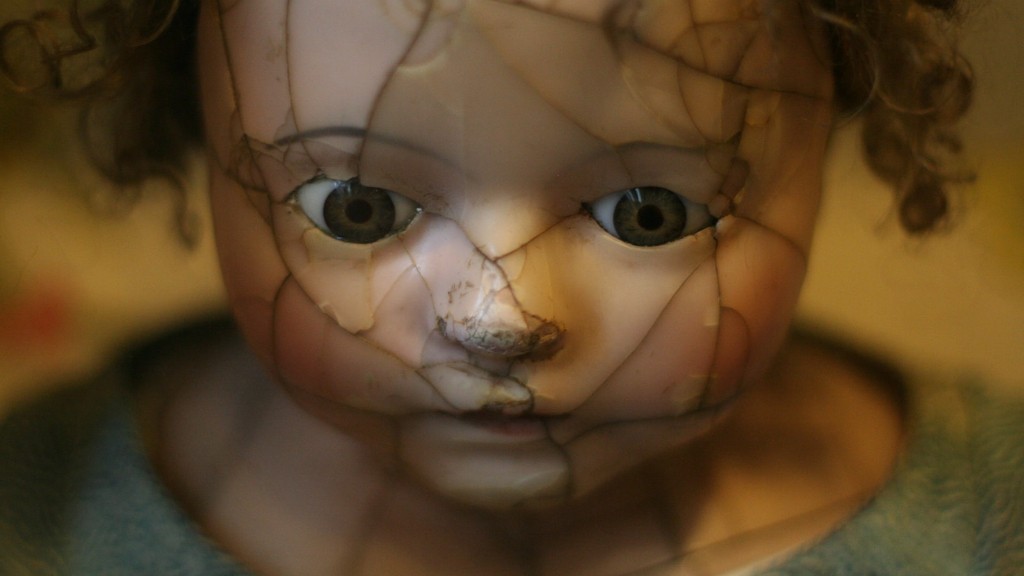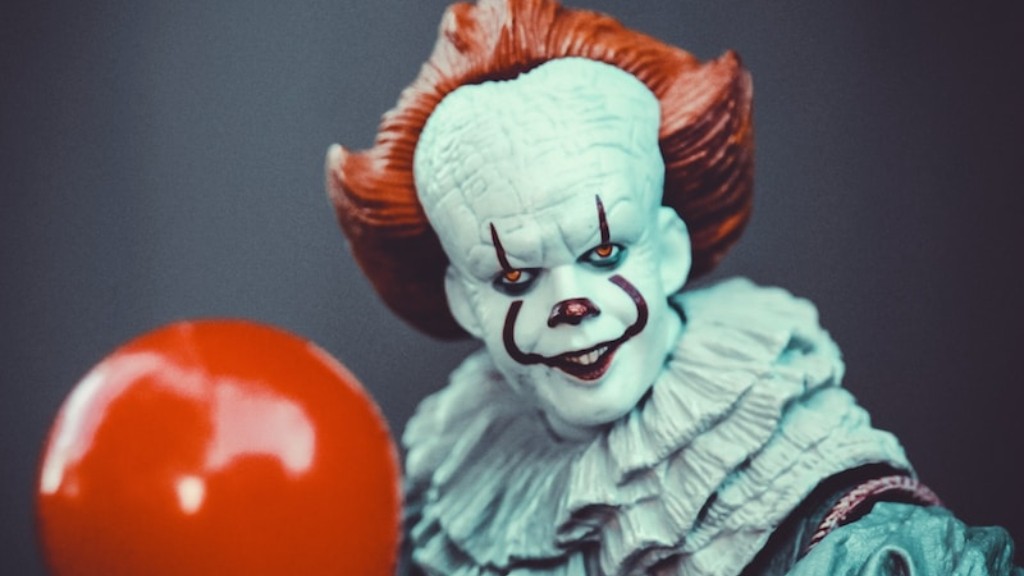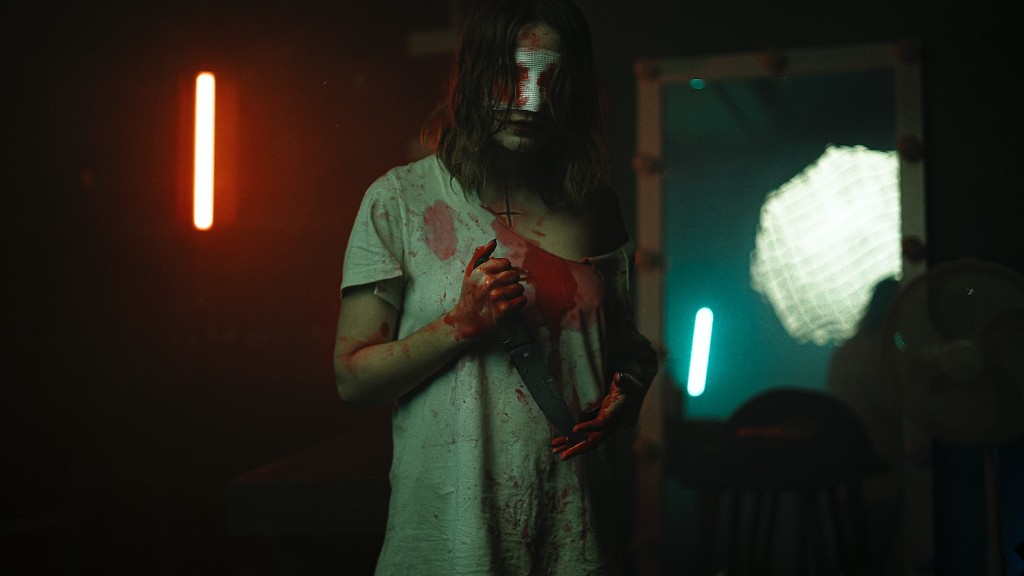Horror movies can have a profound effect on the brain. They can trigger our fight or flight response, release stress hormones, and cause us to feel anxious and scared. While some people may enjoy these effects, others may find them disturbing and unsettling. Horror movies can also desensitize us to violence, making it easier for us to accept real-life violence as normal.
Horror movies can affect the brain in a number of ways. They can cause the release of stress hormones, which can lead to feelings of anxiety and fear. They can also trigger the fight-or-flight response, which can cause a person to feel on edge and alert. Additionally, horror movies can cause changes in the brain’s structure and function, which can lead to lasting effects such as nightmares and post-traumatic stress disorder.
What psychology says about horror movies?
Horror entertainment can have a positive effect on the brain by triggering the fight-or-flight response. This response comes with a boost in adrenaline, endorphins, and dopamine, which can help the brain to process surroundings and conclude that the experience is not a genuine threat. This knowledge of personal safety is one reason horror fans habitually watch scary movies.
The amygdala is a small, almond-shaped structure located in the brain’s medial temporal lobe. It is considered to be part of the limbic system, a group of structures that are important for emotional processing.
The amygdala has become best known for its role in fear processing. Studies have shown that people with damage to the amygdala are unable to experience fear. This is because the amygdala is responsible for triggering the fight or flight response, which is a physiological reaction that occurs in response to a perceived threat.
Scary movies bypass the conscious parts of the brain and tap directly into the amygdala, causing the fight or flight response. This is why we often feel our heart racing and our palms sweating when watching a scary movie.
Why does the brain like horror movies
Horror movies may activate threat-response brain regions, but they also lead to an elevated mood afterwards. This is likely due to the release of adrenaline and other hormones that occur when we are scared. So if you’re looking for a way to get a little thrill, horror movies may be a good option!
PTSD is a serious condition that can be caused by exposure to traumatic events, such as war, violence, or natural disasters. Symptoms of PTSD include re-experiencing the trauma through intrusive thoughts, flashbacks, and nightmares. If you or someone you know is experiencing these symptoms, it is important to seek professional help.
What personality type likes horror movies?
The study found that low neuroticism and high sensation seeking were better predictors of horror movie preference. This suggests that people who are less neurotic and more open to new experiences are more likely to enjoy horror movies.
It is important to be aware of the potential effects of watching horrific images, as they can trigger unwanted thoughts and feelings, and even increase our sensitivity to startle-eliciting stimuli. If you are prone to anxiety or panic, it is best to avoid watching such images, as they may make these conditions worse.
Why is horror so addicting?
Horror is addictive because it is a genre that is exciting and full of suspense. The build-up to the suspenseful moments is often greater than in any other genre, and it appeals to human nature more than anything else. It is fun to be scared, to push oneself, and to sometimes have something one is told they can’t have.
Horror movies are designed to elicit an emotional response from the viewer. Because of this, our brains react to them in a similar way to how they would react to a real-life threat. This means that we are able to detect potential threats more easily, even if we are not consciously aware of it.
Why can’t I handle horror movies
Anxiety sensitivity is the fear of behaviors or stimuli associated with anxiety. People who have anxiety sensitivity are more likely to react negatively to horror movies. Intrusive thoughts and feelings about being afraid can occur when watching a scary movie. Knowing your limits and what may push you over the edge is important.
Watching scary movies may help anxious people feel in control. In one study, Clasen found that anxious people who watched scary movies felt more in control than those who didn’t watch them. “There may be a relief in seeking out situations that give you a blast of well-defined fear with a clear source and a crucial element of control,” he explains.
Do horror movies make you depressed?
People who frequently watch horror movies can eventually become desensitized to them. If someone repeatedly exposes themselves to the shock of threatening images, they may become less emotionally reactive over time.
Horror can be a positive force in our lives if we let it. It can remind us of the importance of empathy, compassion and love. By coming together as a community and putting others first, we can overcome even the most horrifying experiences.
Why do people with trauma enjoy horror
Addiction to trauma is not solely tied up in biology. While the films may rev up the body’s sympathetic nervous system, inducing stress and anxiety, there are other factors at play. For some, the stress is a welcome thrill. The payoff comes when the movie is over and they are able to reflect on the experience.
Horror movies are designed to scare and disgust their viewers, and these 32 films take that to the extreme. From gore-filled scenes of violence to unnerving moments of suspense, these movies will leave you feeling disturbed long after you’ve watched them.
Why do depressed people watch horror movies?
Horror is a great way to dive headfirst into your fears and learn more about them. Fans of horror tend to be very curious about threatening situations and want to learn more about them. This can be a great way to deal with your fears and learn more about them.
The findings of the study reveal that the popularity of horror movies decreases with age. 68 percent of 18 to 29 year olds said that they found horror movies somewhat or very favorable, compared to just 30 percent of adults aged 65 or above. However, the drama genre was found to be more popular among older generations.
Final Words
Horror movies can affect the brain in a number of ways. They can cause the viewer to feel fear, anxiety, and stress. They can also cause the viewer to feel disgusted, nauseated, and scared. In some cases, horror movies can even cause the viewer to have nightmares.
Horror movies affect the brain by activating the amygdala, which is responsible for the fight-or-flight response. This can lead to increased heart rate, blood pressure, and breathing.
